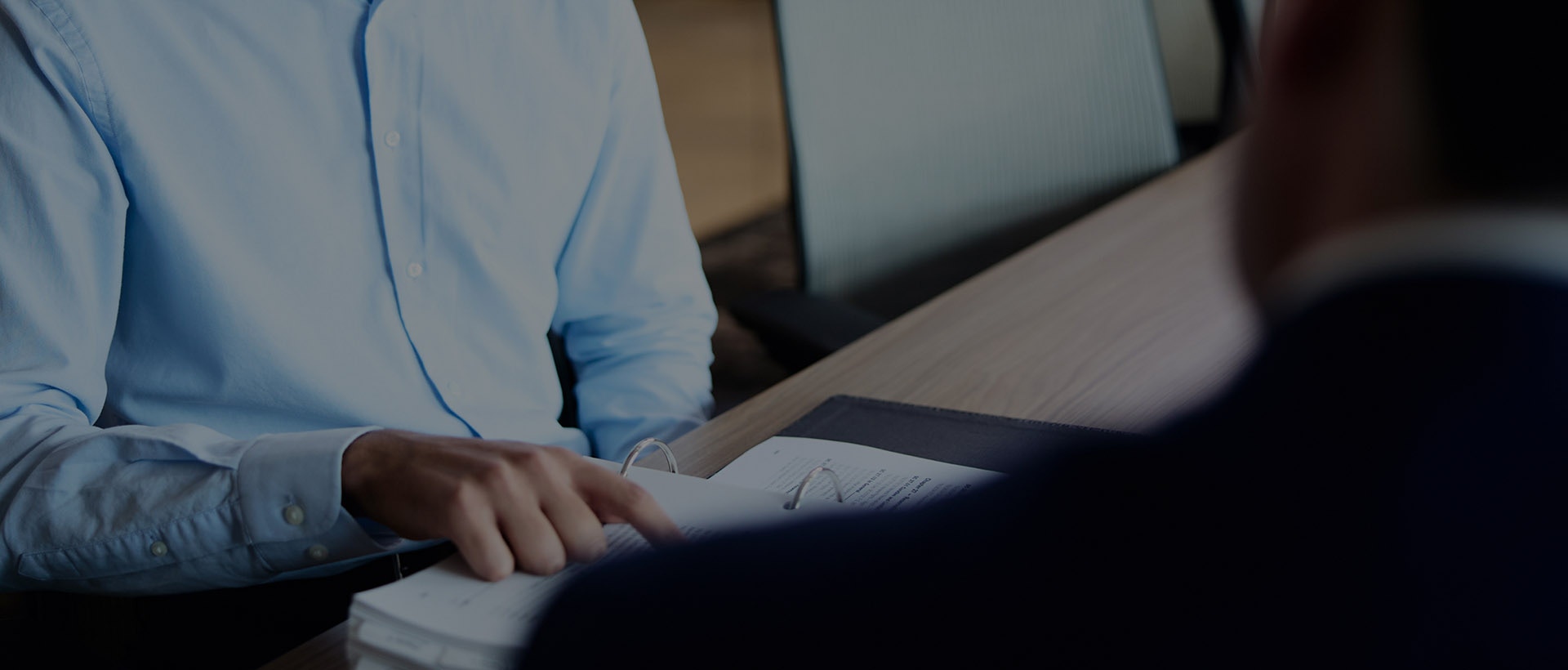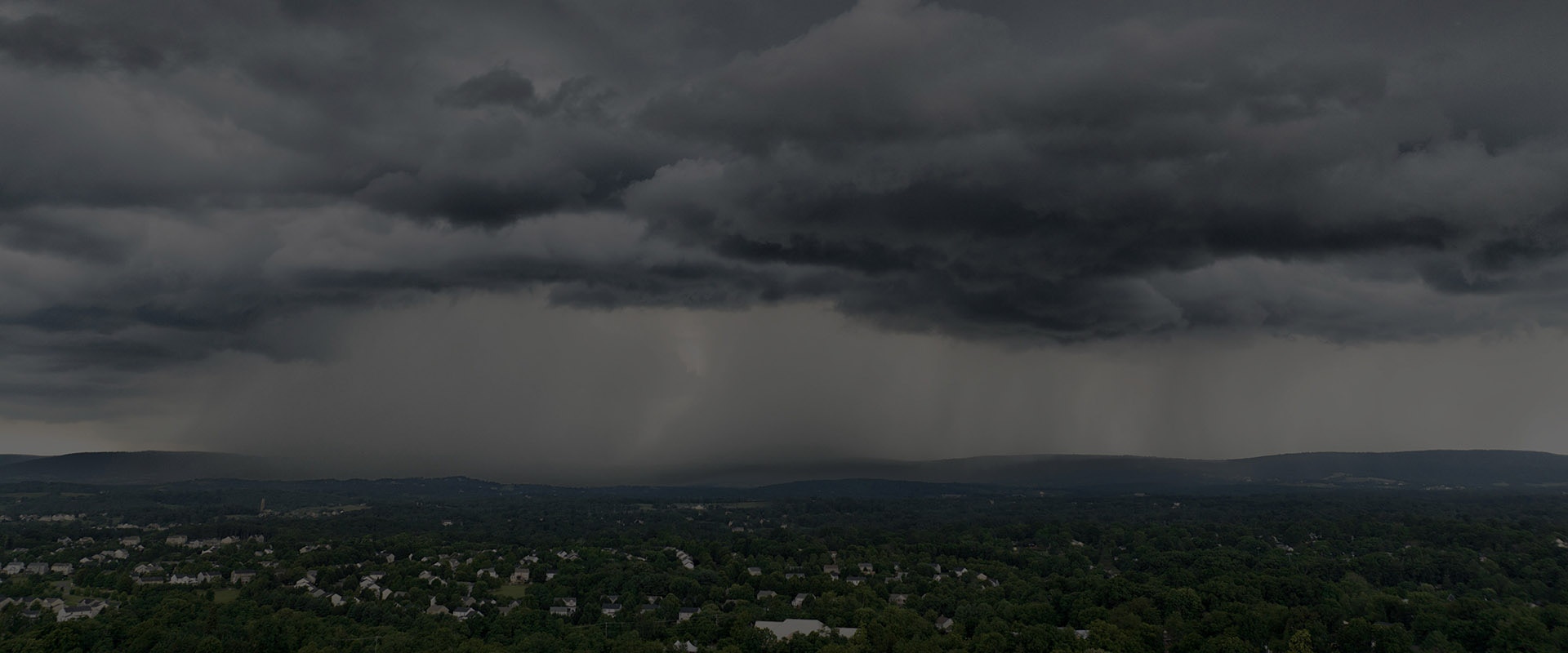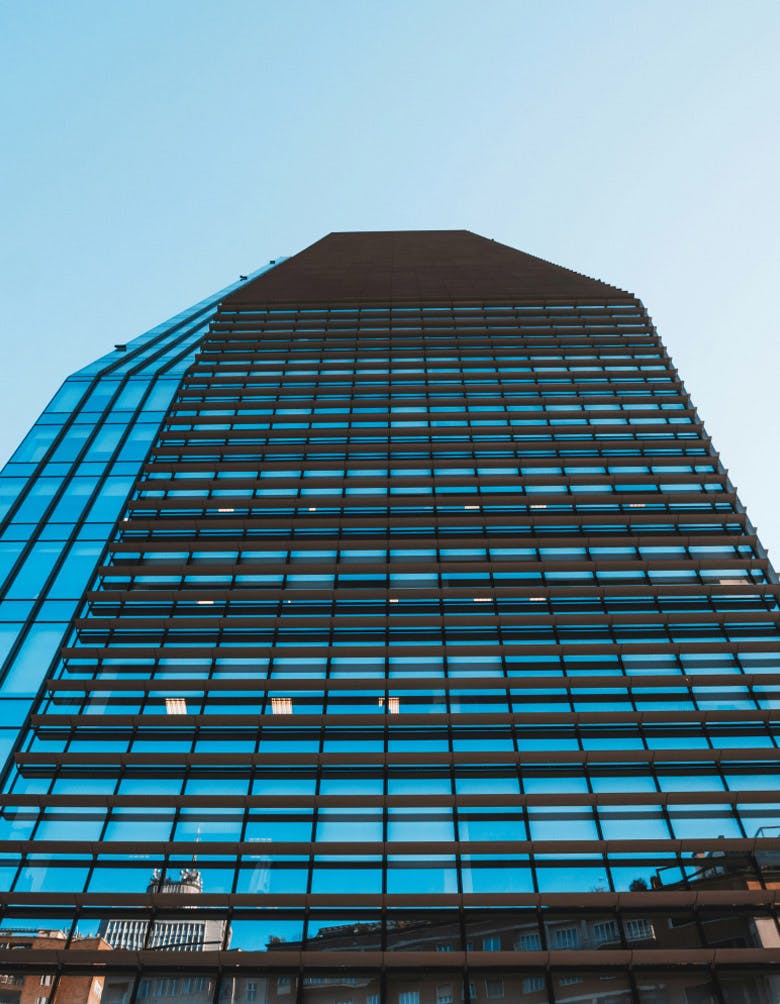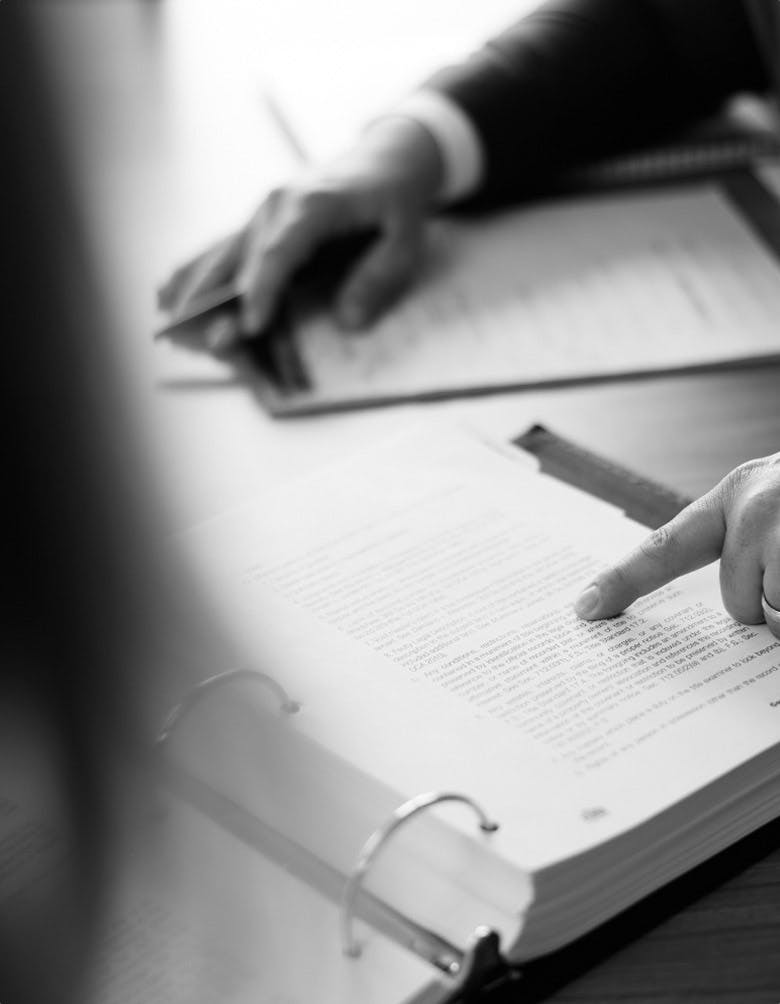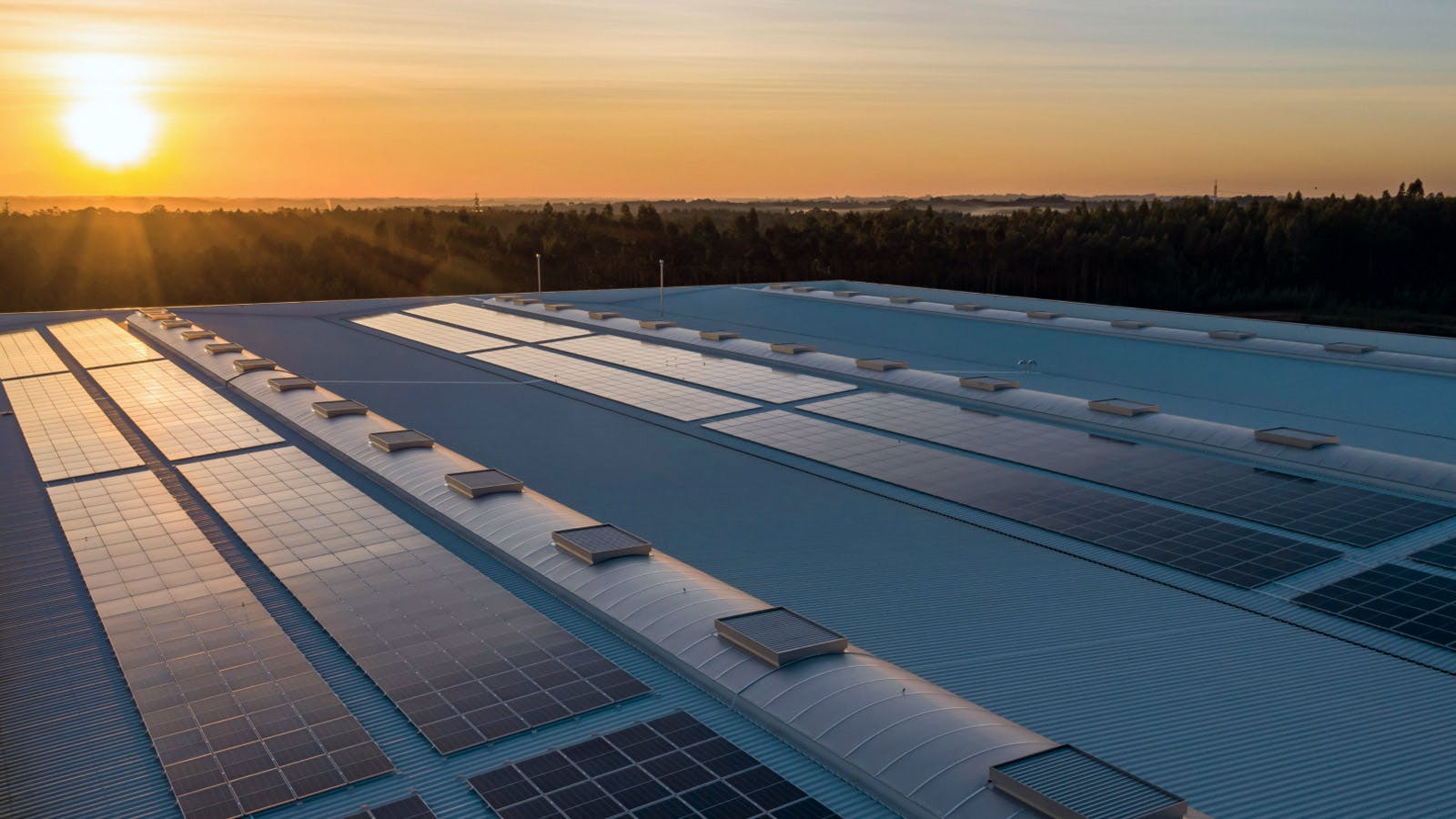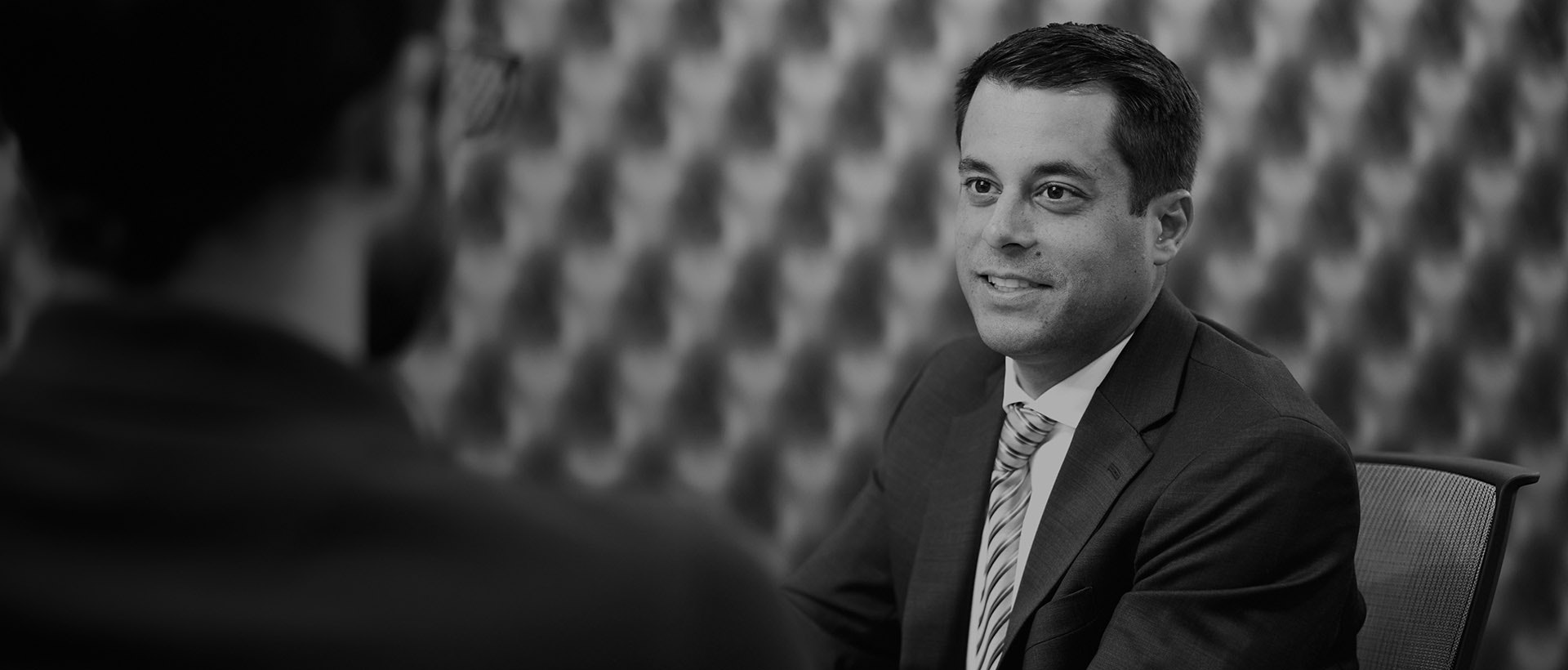Denver condo living offers a blend of urban convenience, stunning mountain views, and a strong sense of community. However, when property damage disputes arise—whether from hailstorms, fire, water damage, or structural issues—navigating insurance claims can quickly become frustrating and financially burdensome. A denied or undervalued claim can leave condo associations and unit owners facing unexpected costs and lengthy disputes with insurers.
Identifying Liable Parties in Condo Property Damage Cases in Denver
- Condominium Association: Under the CCIOA, associations are obligated to maintain common elements, which encompass areas such as roofs, plumbing systems, and building exteriors. Failure to uphold these duties can render the association liable for resulting damages.
- Insurance Companies: Colorado law mandates that insurers, including those providing coverage to condominium associations and unit owners, process claims in good faith. Legal action may be warranted to ensure fair compensation if an insurance company underpays, denies, or unreasonably delays a legitimate property damage claim.
- Contractors or Service Providers: Contractors hired by the condominium association are expected to perform their duties with reasonable care. If property damage results from substandard workmanship or negligence on their part, these contractors may be held liable for the ensuing damages.
- Other Unit Owners: In cases where damage originates from a neighboring unit—such as water damage from a burst pipe—the owner of that unit may be responsible for the damage caused, depending on the circumstances and the governing documents of the association.



